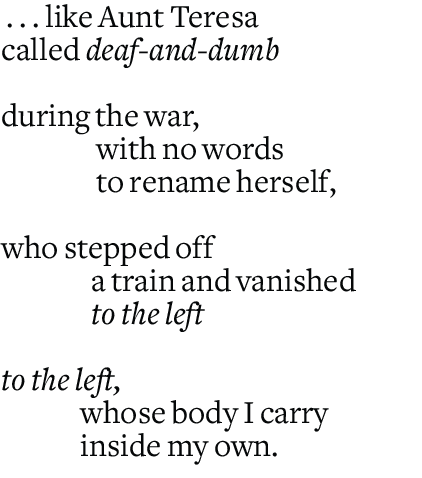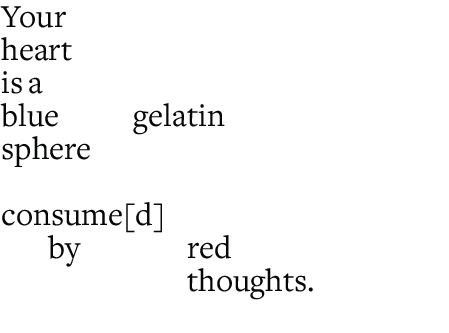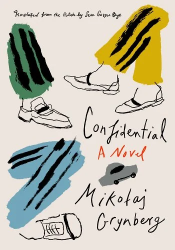Selected by Jericho Brown as the winner of the 2022 Levis Prize in Poetry, Hadara Bar-Nadav’s new collection of poems, The Animal is Chemical, is a response to historical and personal trauma, as well as an elegy to her deceased father. Through compelling language and chilling metaphors, Bar-Nadav conveys both pain and healing.
Many poems focus on the death, mourning, and tragedy brought about by the Holocaust — the relatives who disappeared, the atrocities at Babi Yar, and the “Ovens by Topf and Sons” with “high capacity designs / for death … / that wed our skin / to brick and wind and dirt.” At the end of the book, Bar-Nadav includes a memorial list of approximately fifty of her family members who were murdered in the Holocaust. Several poems throughout the collection center the experiences — both told and imagined — of these relatives and their impact on the speaker. In one poem, “The Singing Pills,” Bar-Nadav makes clear that the dead are always with us: “Each of my dead / holds a torch / inside me, bubbling / up my throat … ”
Another poem, “Black Screen (Kidney Ultrasound),” is about the horror of disabled children being killed upon arrival at concentration camps:

Then, in the poem “Mute,” Bar-Nadav describes Josef Mengele’s cruel experiments on twin children. This intergenerational trauma, combined with her own medical travails, causes the speaker to frequently distrust medical professionals and pharmaceuticals.
Two of the five sections of this collection include erasure poems, which are a type of found poem using parts of an existing text — in this case, medical inserts from prescription drugs — to form a new insight. In these erasures, Bar-Nadav’s words move across the page in a scattered, sparse way, imitating the confusion caused by specific medications. In the poem “[Trust us]”, Bar-Nadav writes,

Bar-Nadav has an eye for the unusual, and she challenges assumptions about what can heal our families and ourselves. She questions the necessity of certain sciences and how they have created even more pain. These harrowing, lyrical poems are sure to haunt readers.
Jamie Wendt is the author of the poetry collection Laughing in Yiddish (Broadstone Books, 2025), which was a finalist for the 2022 Philip Levine Prize in Poetry. Her first book, Fruit of the Earth (Main Street Rag, 2018), won the 2019 National Federation of Press Women Book Award in Poetry. Her poems and essays have been published in various literary journals and anthologies, including Feminine Rising, Catamaran, Lilith, Jet Fuel Review, the Forward, Minyan Magazine, and others. She contributes book reviews to the Jewish Book Council. She won third prize in the 2024 Reuben Rose Poetry Competition and won second prize for the 2024 Holloway Free Verse Award through the Illinois State Poetry Society. Wendt holds an MFA in Creative Writing from the University of Nebraska Omaha. She lives in Chicago with her husband and two kids. Follow her online at https://jamie-wendt.com/ or on Instagram @jamiewendtpoet.





